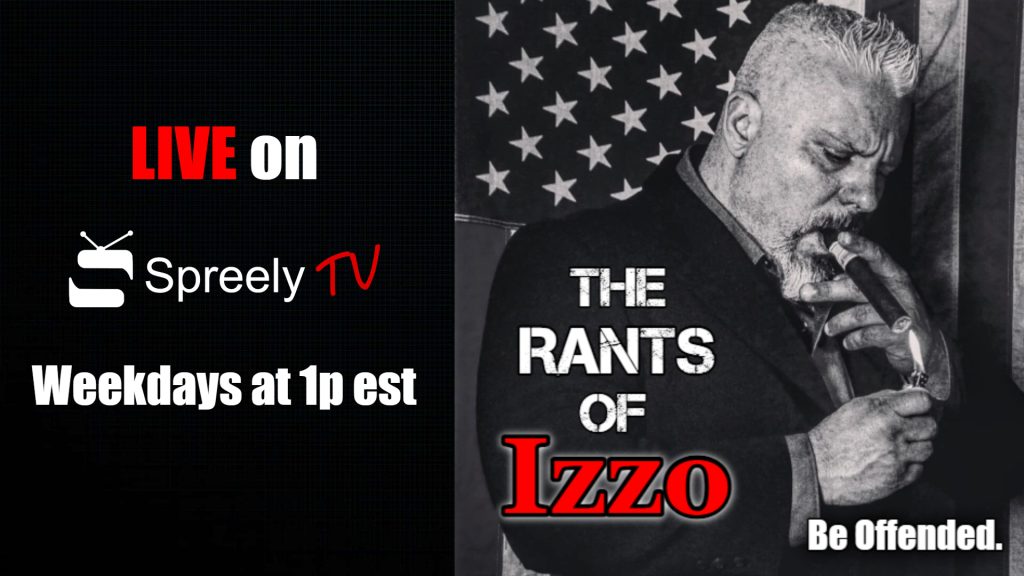In the complex web of laws and regulations that govern interactions between citizens and law enforcement, the 4th Amendment stands as a fundamental safeguard of individual liberties.
Its relevance is particularly pronounced in the context of traffic stops, where the balance between public safety and personal freedoms often comes into sharp focus.
Understanding “Pissing off the Police” and How it’s Abused
The 4th Amendment to the United States Constitution protects citizens against unreasonable searches and seizures by the government.
It states: “The right of the people to be secure in their persons, houses, papers, and effects, against unreasonable searches and seizures, shall not be violated, and no Warrants shall issue, but upon probable cause, supported by Oath or affirmation, and particularly describing the place to be searched, and the persons or things to be seized.”
In the realm of traffic stops, this amendment plays a crucial role in delineating the boundaries of police authority. While law enforcement officers have the right to pull over vehicles for legitimate reasons, such as traffic violations or reasonable suspicion of criminal activity, they must operate within the confines of the law and respect the constitutional rights of the individuals they encounter.

One of the key principles derived from the 4th Amendment is the requirement of probable cause or reasonable suspicion for a traffic stop to be lawful.
This means that officers must have a valid reason to believe that a violation of the law has occurred before initiating a stop. Common examples include speeding, running a red light, or erratic driving patterns indicative of impairment.
However, the 4th Amendment also imposes limits on the scope of police authority during traffic stops. Officers cannot use the stop as a pretext to conduct a fishing expedition for evidence unrelated to the initial reason for the stop. For example, they cannot search a vehicle or its occupants without consent or probable cause unless specific circumstances, such as the presence of illegal substances in plain view, justify such actions.
Listen to “Cops and Cucks: No One Knows What Their F*cking Job Is Anymore” on Spreaker.
Moreover, the amendment requires that any searches or seizures conducted during a traffic stop be reasonable in scope. This means that even if probable cause exists, officers cannot engage in overly intrusive or excessive measures unless justified by the circumstances.
For instance, a pat-down search for weapons may be permissible if an officer reasonably believes that the individual poses a threat, but a thorough search of personal belongings without a warrant or consent would likely violate the 4th Amendment.
In addition to protections against unreasonable searches and seizures, individuals interacting with law enforcement during traffic stops also enjoy 1st Amendment rights, particularly regarding freedom of speech and expression. This means that citizens have the right to voice their opinions, ask questions, and express dissent within reasonable bounds without fear of retaliation or escalation by police officers.

CLICK HERE to Watch The Rants of Izzo Show!
It’s important to note that while citizens have the right to express themselves freely, this does not absolve them of complying with lawful orders or behaving in a manner that does not obstruct the duties of law enforcement officers.
However, police officers are not permitted to base their decisions regarding citations or arrests solely on a person’s language or attitude, as long as such behavior does not escalate to the level of physical obstruction or threats.
In essence, the 1st Amendment protects individuals from being penalized for expressing opinions or emotions during interactions with law enforcement, as long as their conduct does not interfere with legitimate police duties or escalate into unlawful behavior.
This means that a person’s demeanor or verbal responses alone cannot serve as the basis for enforcement action unless they directly impede the officer’s ability to carry out their duties or pose a threat to public safety.
In summary, the 4th Amendment serves as a cornerstone of protections against unreasonable searches and seizures during traffic stops, ensuring that law enforcement officers operate within the bounds of the law and respect the rights of individuals.
Additionally, the 1st Amendment safeguards citizens’ freedom of speech and expression during interactions with police, establishing a balance between personal liberties and law enforcement authority on the nation’s roadways.
Understanding these constitutional principles is essential for both citizens and law enforcement officers to navigate traffic stops while upholding rights and responsibilities.


